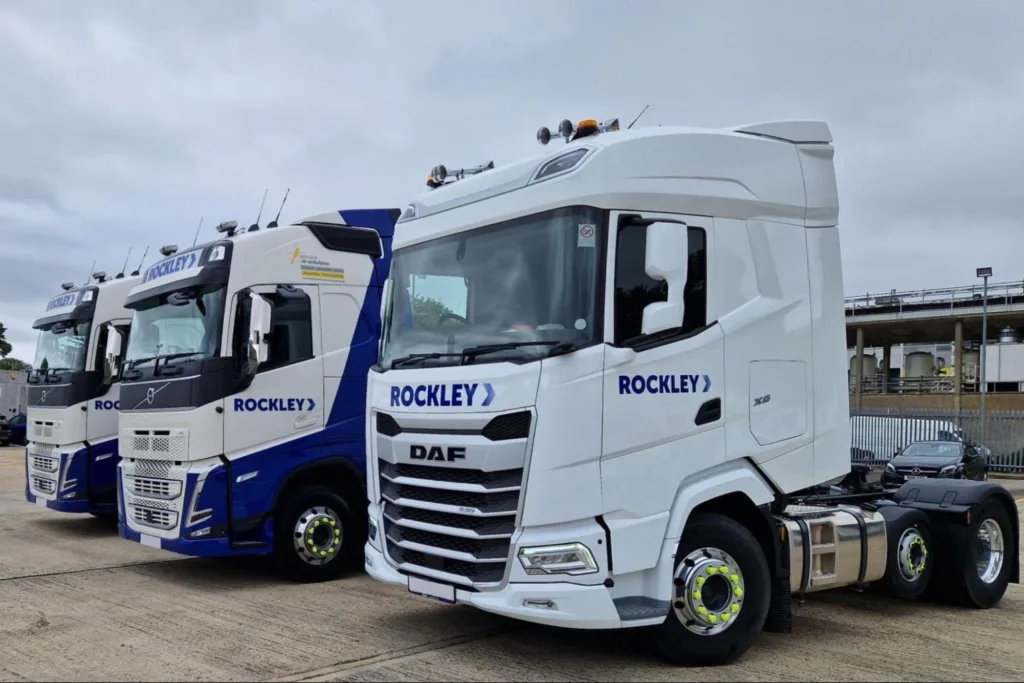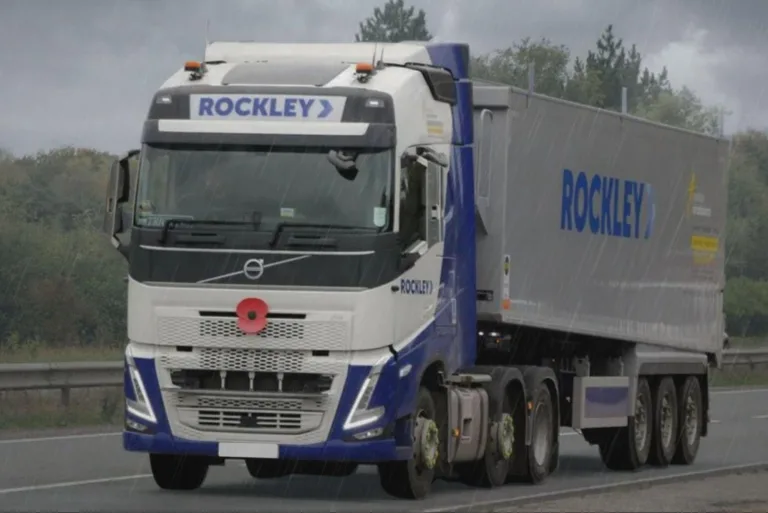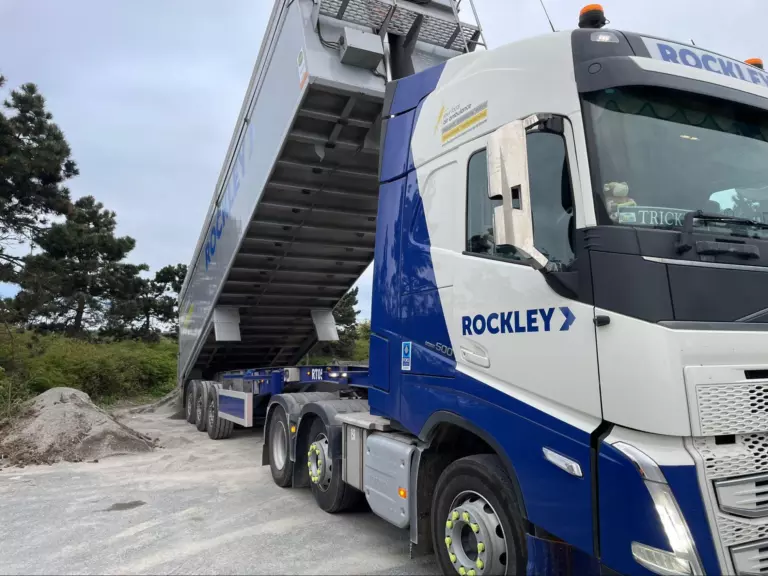Top Questions to Ask Your Haulage Service Provider
Choosing the right haulage service provider is important for businesses that rely on efficient and timely transportation of goods. Whether you are moving products across the country or handling international shipments, a reliable haulage partner can make all the difference in supply chain efficiency and cost management. However, not all service providers offer the same level of expertise, reliability, or pricing transparency.
Before committing to a provider, it is important to ask the right question for haulage service provider to ensure they meet your business requirements. From checking their credentials and fleet capabilities to understanding pricing structures and delivery timelines, a thorough vetting process can help avoid unexpected delays, hidden costs, or compliance issues. Additionally, factors such as insurance coverage, sustainability practices, and customer support play a vital role in determining a provider’s reliability.
In this blog, explore the key questions for haulage service providers that businesses should ask before signing a contract. By addressing these concerns upfront, you can make an informed decision, ensuring that your logistics operations run smoothly, efficiently, and cost-effectively. Whether you are a small business or a large enterprise, knowing what to ask will help you secure a trustworthy transport partner.
Questions to Ask Your Haulage Service Provider

When selecting a haulage service provider, asking the right question for haulage service provider ensures you choose a reliable and experienced partner. Here are key questions and what to look for in their answers:
- Company Credentials and Experience
Question 1: How long have you been in the haulage industry?
Answer: A haulage company with several years of experience is likely to have a well-established operational process and a strong understanding of logistics challenges. Experienced providers can handle unexpected delays, route planning, and compliance more effectively, ensuring smoother transportation of goods.
Question 2: What licences and accreditations do you hold?
Answer: A reputable haulage service provider should possess an Operator’s Licence, which is a legal requirement in the UK. Additionally, accreditations such as the FORS (Fleet Operator Recognition Scheme) certification indicate high safety and operational standards. If you are transporting hazardous goods, the company should hold ADR certification, ensuring compliance with regulations for dangerous materials.
Question 3: Do you have experience handling goods similar to mine?
Answer: It is important to confirm whether the company has previous experience in transporting goods similar to yours. Different types of cargo require specific handling methods, such as temperature-controlled transport for perishables or extra security measures for high-value or fragile items. A provider with expertise in your industry can offer tailored solutions to meet your transportation needs effectively.
- Fleet and Equipment

Question 1: What types of vehicles are in your fleet?
Answer: A well-diversified fleet is essential for accommodating different transportation needs. A reliable haulage provider should offer a range of vehicles, including articulated lorries, rigid trucks, flatbeds, and temperature-controlled vehicles. The availability of various vehicle types ensures they can handle different types of cargo, from heavy machinery to perishable goods.
Question 2: How do you maintain and upgrade your fleet?
Answer: Regular maintenance and timely upgrades are key to ensuring safe and efficient transportation. A professional haulage company should have a structured maintenance schedule that includes frequent inspections, servicing, and compliance with safety regulations.
Question 3: Do you have specialised equipment for fragile or hazardous goods?
Answer: If your goods require special handling, it is important to ensure the haulage provider has specialist equipment such as tail lifts, temperature-controlled units, secure strapping systems, and ADR-certified vehicles for hazardous materials. These features help ensure the safety and integrity of delicate, high-value, or dangerous goods during transit.
- Price and Cost Transparency

Question 1: How do you structure your pricing?
Answer: Haulage pricing can be based on distance, weight, type of goods, and urgency of delivery. Some companies offer fixed-rate pricing for standard routes, while others provide custom quotes depending on the specific requirements of your shipment. It is important to clarify whether pricing is calculated per mile, per load, or as a flat fee.
Question 2: Are there additional costs for fuel, tolls, or surcharges?
Answer: Many haulage providers include additional costs for fuel price fluctuations, toll roads, congestion charges, and handling fees. To avoid unexpected expenses, ensure the provider gives a detailed cost breakdown and specifies whether these charges are included in the initial quote or applied separately.
Question 3: Do you offer discounts for bulk or long-term contracts?
Answer: If you require regular haulage services, ask about discounts for high-volume shipments or long-term agreements. Many providers offer contract-based pricing models that help businesses save on logistics costs over time.
- Insurance and Liability Coverage

Question 1: What kind of insurance do you provide for goods in transit?
Answer: Most haulage providers offer Goods in Transit (GIT) insurance, which covers damage, loss, or theft while the goods are being transported. However, coverage limits may vary, so it’s important to confirm the maximum insured value per shipment.
Question 2: How do you handle damage or loss claims?
Answer: If goods are damaged or lost, haulage companies usually require a formal claim submission within a specific timeframe. They may conduct an investigation before processing compensation. It’s advisable to check the claim process, required documentation, and expected resolution time.
Question 3: Are there any restrictions on what your insurance covers?
Answer: Some policies exclude high-value, perishable, or hazardous goods. If your shipment includes fragile or sensitive items, ensure the provider’s insurance covers them or consider additional coverage.
- Customer Support and Communication

Question 1: What channels do you offer for customer support?
Answer: Most haulage companies provide support through phone, email, and live chat, with some offering 24/7 assistance. It’s important to check which channels are available and how accessible they are in case of urgent issues.
Question 2: How quickly do you respond to queries or issues?
Answer: Response times vary between providers. Some offer instant support, while others may take a few hours or a business day. Knowing their turnaround time helps in planning and managing shipments effectively.
Question 3: Can I have a dedicated point of contact for my shipments?
Answer: Many providers assign account managers or dedicated representatives for regular clients, ensuring personalised service and quicker issue resolution. This can be particularly beneficial for high-volume or long-term contracts.
Conclusion
Choosing the right haulage service provider is crucial for ensuring safe, efficient, and cost-effective transportation of goods. By asking the right question for haulage service provider, businesses and individuals can gain a clear understanding of the company’s capabilities, reliability, and commitment to service excellence.
From checking company credentials and experience to understanding fleet management, pricing structures, and insurance coverage, every aspect plays a role in making an informed decision. It is also essential to assess customer support and communication, ensuring that you have a responsive and reliable team to address any concerns during the transportation process.
Transparency in pricing, flexibility in service offerings, and a commitment to maintaining high safety standards are key factors to consider. Whether you require a one-time shipment or a long-term partnership, conducting thorough research and engaging in detailed discussions with potential providers can help you secure the best service for your needs.
Ultimately, the more informed you are, the better equipped you will be to select a haulage partner that aligns with your expectations. Take the time to ask the right question for the haulage service provider, and you’ll ensure that your logistics operations run smoothly, efficiently, and without unexpected disruptions.






